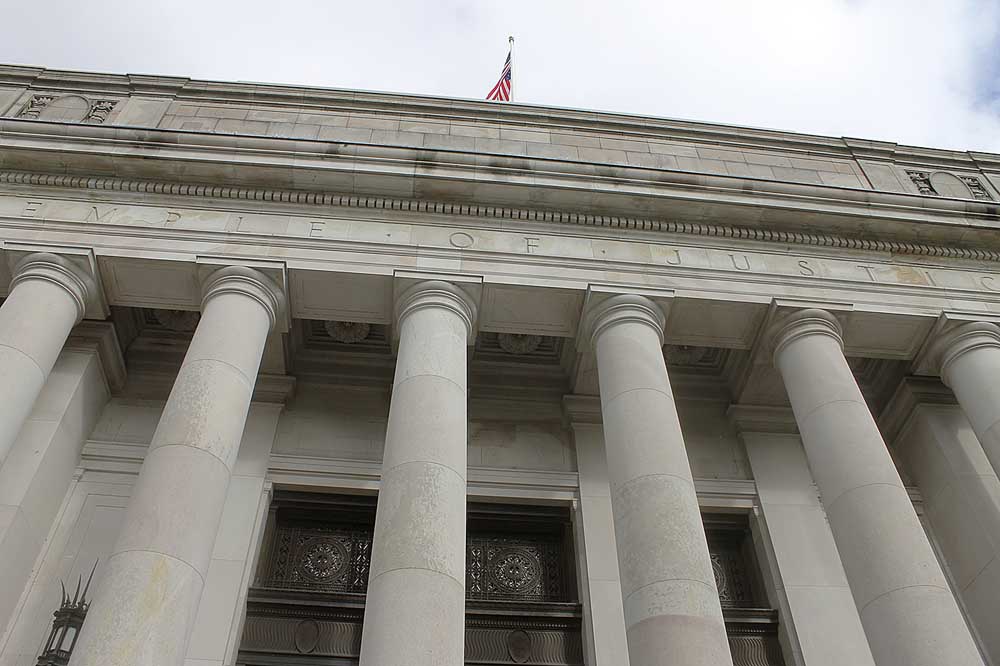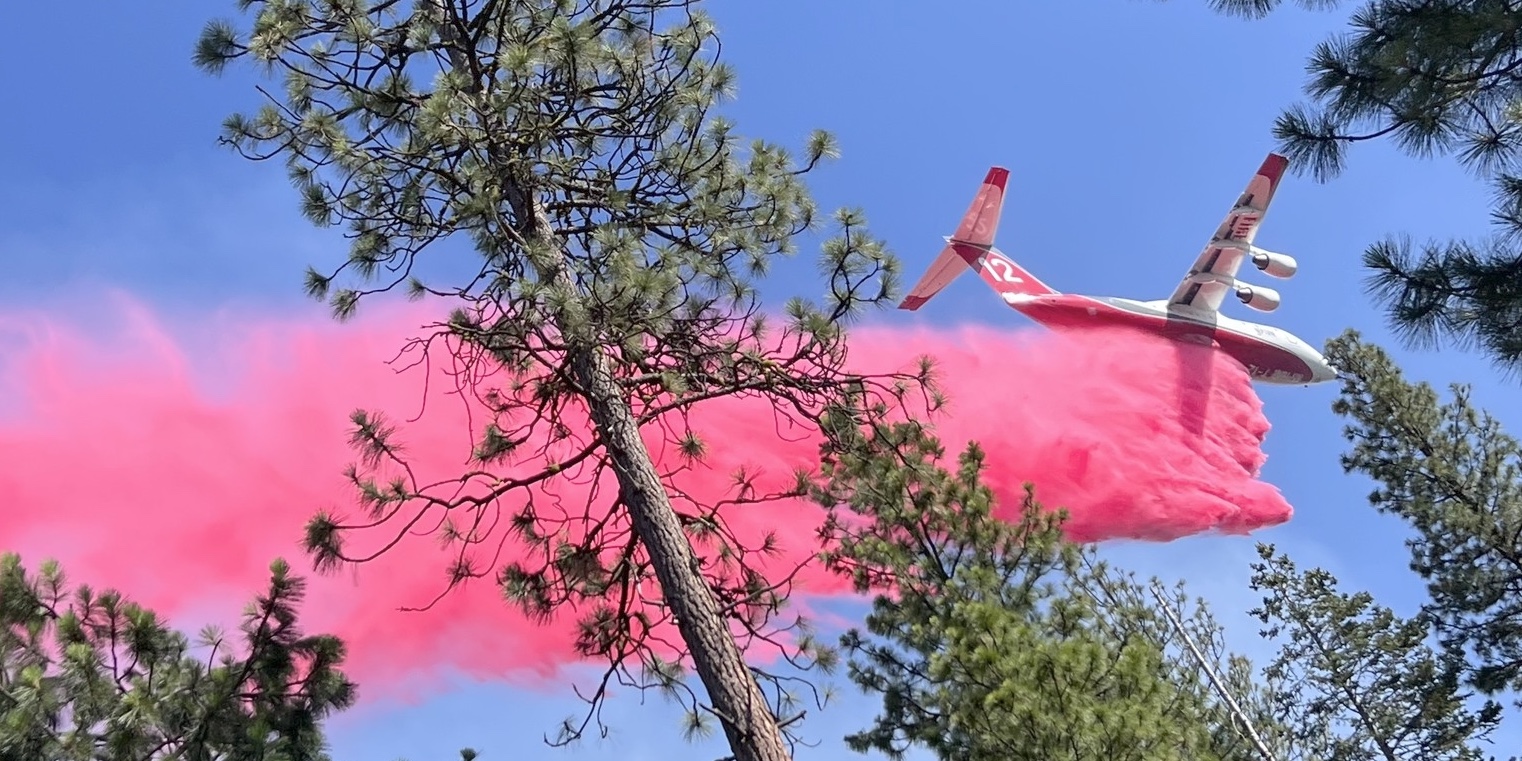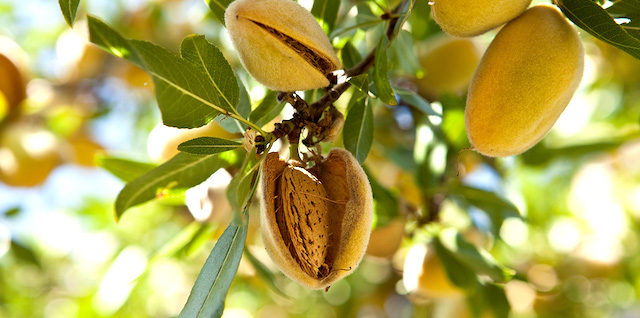Washington high court mulls forest management by ‘all the people’
Published 10:00 am Friday, October 22, 2021

- The Washington Supreme Court heard an appeal Sept. 28 of an $18 million fine against a trade group representing food and beverage makers for campaign reporting violations.
OLYMPIA — The Washington Supreme Court probed Oct. 21 what environmentalists hope to gain by changing how the Department of Natural Resources manages timberland.
Trending
Conservation Northwest and two other groups claim DNR “prioritizes intensive logging,” while the state constitution says the public lands are held in trust “for all the people.”
Justice Susan Owens asked the conservationists’ attorney, Wyatt Golding, how DNR could, as a practical matter, manage forests for “all the people.”
“I am familiar with the conservationists’ organizations, but I also know a lot of people who have bumper stickers that say: ‘Earth First: We’ll log the other places later,’” she said.
Trending
Golding said conservation groups were “asking for a process in which the public has a seat at the table.”
“It’s just that the state has to do a fair and balanced approach to land management,” he said.
DNR manages 2.9 million acres. The land generated more than $200 million last year for rural schools, counties and fire districts, mostly from timber sales.
Conservation Northwest, joined by the Washington Environmental Council and Olympic Forest Coalition, say DNR acts “like a private timber company.” As a result, forests are “dense industrial plantations of small-diameter trees,” the groups claimed in a brief.
Climate activists have been drawn to the case, submitting amicus briefs arguing DNR should manage lands to reduce greenhouse gases and maximize carbon sequestration.
Timber companies have written to the court, too. They say they — and their workers — depend on reliable and sustainable DNR timber sales.
Congress gave the land to Washington in 1889 to fund public schools. Assistant Attorney General Martha Wehling argued DNR manages the land the way Congress and the framers of the state constitution intended.
All the people benefit because everyone has an interest in an educated society, she said.
Attorney Elaine Spencer, representing trust beneficiaries, told the justices that breaking up the trust will hurt rural communities and economies.
“DNR’s loyalty must be to the interest of the trust beneficiaries, not to the interest of third parties,” she said. “Anything less will lead to gridlock in the forest.”
Spencer said DNR already fosters recreation, protects endangered species and addresses the climate. “This court does not need to wade in here to protect the environment,” she said.
Logging, she said, “occurs under some of the most stringent environmental regulations in the world.”
“Conservation Northwest says it has a constitutional right to have DNR do more. Really, that is extraordinary,” Spencer said.
Golding denied environmentalists are suing to get their way.
“It’s just that the state has to do a fair and balanced approach to land management,” he said. “What we ask for from this court is a seat at the table.”
Wehling said case law spanning the 19th and 20th centuries supports DNR’s interpretation of the state constitution and federal act that admitted Washington to the Union.
Golding said the Supreme Court should interpret the state constitution.
In previous cases, the left-leaning court has show its willingness to overturn longstanding practices by doing that.







